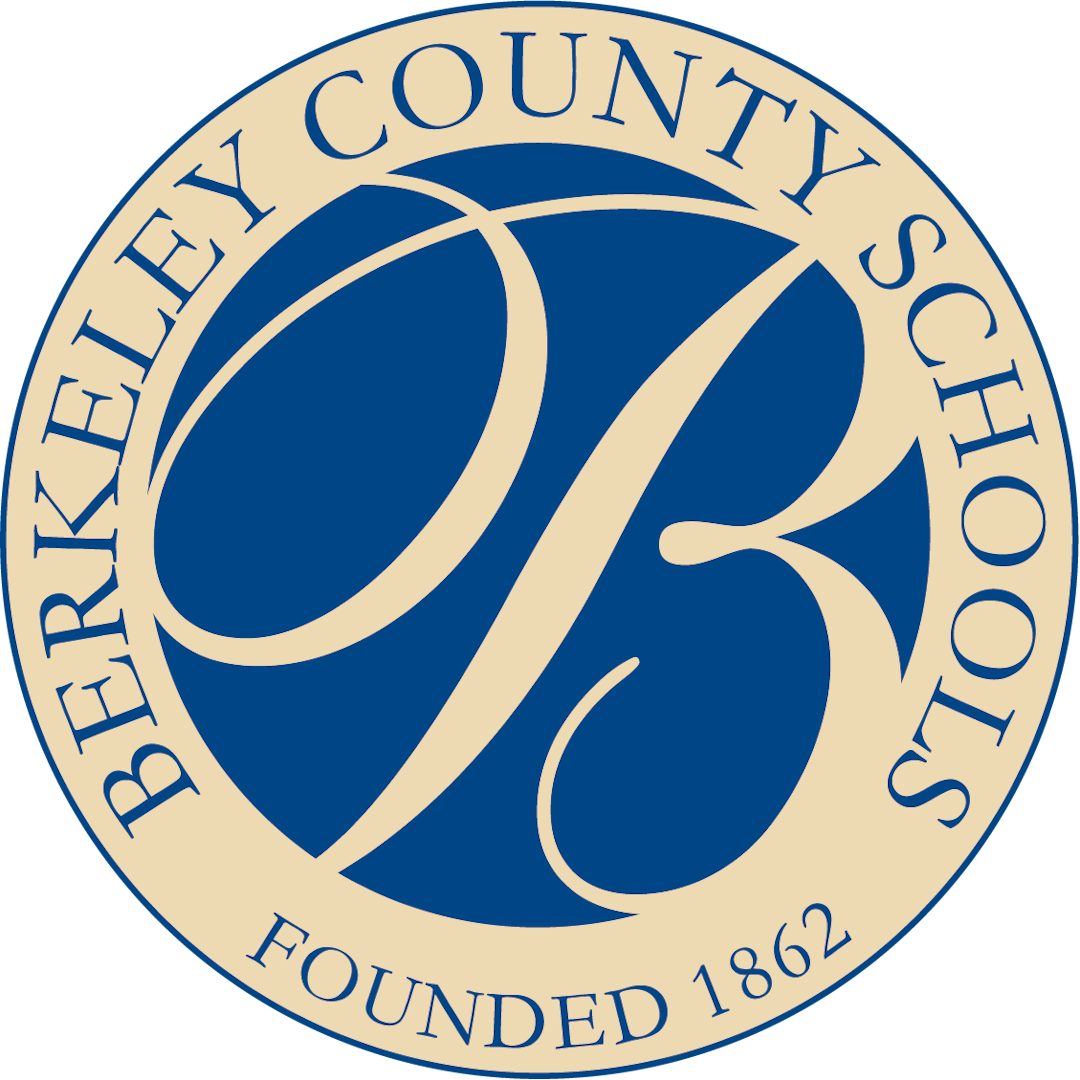By: The Journal
A senior at Spring Mills High School with aspirations to become a doctor organized a training session so her peers could join her journey toward potentially saving lives.
Kareena Sood, 17, of Falling Waters, brought in social workers from WVU Medicine to lead a program on Jan. 29 in her school’s auditorium on how to administer naloxone, a medication that can reverse an opioid overdose if given quickly enough.
About 50 students and staff members attended the lunchtime program presented by Caroline Wilson and Richard Marks, who work with WVU Medicine’s Community Outreach for Resources and Education (CORE). They talked about their roles in providing support to people with addictions, the signs of an opioid overdose, how to administer naloxone as a nasal spray and what to do afterward (call emergency medical services personnel and tend to the patient until help arrives). They also talked about the dangers of counterfeit pills. Afterward, students who were 16 and older and had permission slips signed by their parents were given naloxone to take with them.
Wilson said the visit to Spring Mills High was unique because it was coordinated by a teenager.
“This was a first for us,” Wilson said. “I was actually highly impressed that students led this initiative.”
Sood, who is a member of the Drug-Free WV Youth Coalition and an officer in the Health Science Career Club at Spring Mills High, said she not only wanted to educate her fellow Cardinals about the lifesaving treatment, but to “see who might be interested in helping the general public.”
That underlying goal matches the philanthropic spirit that teacher Karla Hilliard said is exhibited by Kareena and her sister, Karissa Sood, a sophomore at Spring Mills High and an officer in the drug-free coalition. The Soods, both graduates of Saint Joseph School in Martinsburg, also started Cardinals for Community, the mission of which is to feed the homeless and guide them to safe health practices.
Hilliard is the adviser to the Drug-Free WV Youth Coalition at the school. Its mission to teach students about the use and misuse of substances, cross-contamination concerns and lifesaving solutions strikes an emotional chord because her brother died in 2018 of an overdose.
“It’s very important personal work for me,” she said.
Being part of a program that taught young people how to administer naloxone had a powerful impact on her, too.
“It was a dream come true for me,” said Hilliard, who teaches English to students in grades nine, 11 and 12. “I never thought it would be possible to do with students.”
Hilliard said Kareena Sood, with vital support from Principal Mark Salfia, did all the legwork to make the event happen, including securing a space for the presentation, contacting the presenters and completing all necessary paperwork.
“She was amazing,” Hilliard said.
Kareena said Hilliard handled promoting the program through flyers, social media and videos. Kareena’s and Karissa’s father, Dr. Vineet Sood, encouraged his daughters to get involved in their school in helpful ways and guided Kareena on who to contact when she needed people to lead the training.
Kareena said the students who took part in the event, some of whom belonged to the drug-free coalition and/or the Health Science Career Club, seemed to have benefited from being there.
“They were all interested and invested,” said Kareena, who hopes to enter the premed program at West Virginia University to study biology or biochemistry, then continue on to medical school.
Hilliard was impressed by the social workers’ emphasis on the importance of saving someone’s life because they are fellow human beings. If that lifesaving effort leads them to recovery from their addiction, that’s a bonus.
“They talked about the humanity of saving someone’s life,” Hilliard said. “I thought that was such an important message.”
Hilliard added that it’s important for the community to see young people doing good work for the sake of others.
“They’re our hope,” Hilliard said.

